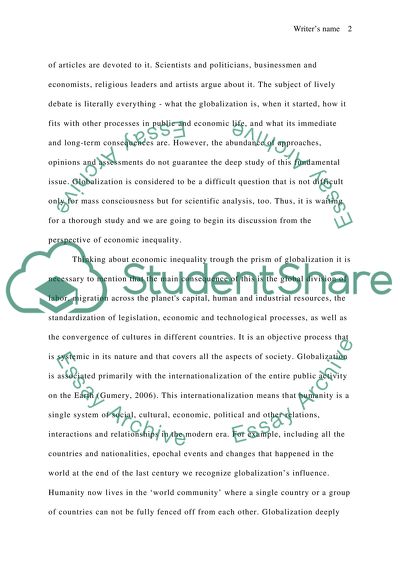Cite this document
(“Analysis of Globalization Essay Example | Topics and Well Written Essays - 1250 words”, n.d.)
Analysis of Globalization Essay Example | Topics and Well Written Essays - 1250 words. Retrieved from https://studentshare.org/politics/1420319-globalization
Analysis of Globalization Essay Example | Topics and Well Written Essays - 1250 words. Retrieved from https://studentshare.org/politics/1420319-globalization
(Analysis of Globalization Essay Example | Topics and Well Written Essays - 1250 Words)
Analysis of Globalization Essay Example | Topics and Well Written Essays - 1250 Words. https://studentshare.org/politics/1420319-globalization.
Analysis of Globalization Essay Example | Topics and Well Written Essays - 1250 Words. https://studentshare.org/politics/1420319-globalization.
“Analysis of Globalization Essay Example | Topics and Well Written Essays - 1250 Words”, n.d. https://studentshare.org/politics/1420319-globalization.


